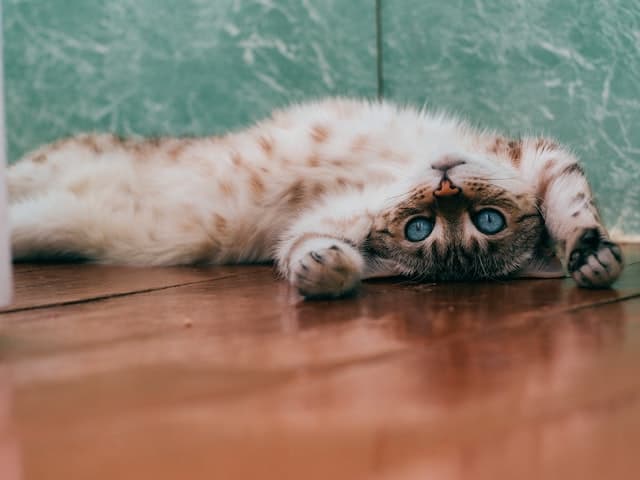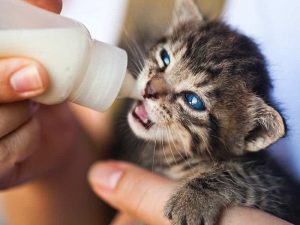
CATNIP: What Is It and What Does It Do to Cats?

If you’re a cat owner, you’ve probably heard of catnip. It’s a well-known fact that cats love it, but do you know what it actually is and how it affects your furry friend? In this article, we will dive into the world of catnip, explore its effects on cats, and answer some common questions you might have.
What Is Catnip?
Catnip, also known as Nepeta cataria, is a plant that belongs to the mint family. It’s native to Europe and Asia but has since spread to other parts of the world, including North America. The plant produces a chemical compound called nepetalactone, which is what causes cats to have their unique reactions
How Does Catnip Affect Cats?
When cats smell or ingest catnip, the nepetalactone stimulates the receptors in their brain, which triggers a range of behaviors, such as:
1 Rolling around and rubbing their faces on the catnip
2 Jumping and playing.
3 Purring and meowing.
4 Licking and chewing.
5 Relaxing and becoming calm.
The effects of catnip are temporary and usually last for around 10-15 minutes. After that, most cats will lose interest and become unresponsive to the plant’s effects for a few hours.
Is Catnip Safe for Cats?
Yes, catnip is safe for cats. It’s non-addictive and non-toxic, so you don’t have to worry about your cat getting hooked on it or getting sick from it. However, some cats may experience adverse reactions, such as vomiting or diarrhea, if they ingest too much of it. Additionally, if your cat has a medical condition or is pregnant, it’s best to consult your vet before giving them catnip.
How Can You Use Catnip?
Catnip can be used in a variety of ways to keep your cat entertained and happy, including:
- Sprinkling it on toys or scratching posts
- Stuffing it into a catnip toy
- Using it as a training aid to encourage positive behaviors
- Incorporating it into your cat’s playtime routine
No, not all cats are affected by catnip. It’s estimated that around 50-75% of cats have a genetic predisposition to react to it.
Kittens usually don’t have a reaction to catnip until they’re around six months old, as their brains and bodies are still developing.
Yes, humans can use catnip in teas and as a herbal remedy, but it doesn’t have the same effects on humans as it does on cats.
Conclusion
Catnip is a harmless and enjoyable herb for our feline friends. It provides cats with mental and physical stimulation, making it a great addition to their playtime routine. However, like with anything, moderation is key. It’s best to use catnip in small quantities and monitor your cat’s reactions to ensure they don’t have any adverse effects. So, next time you’re looking for a way to spice up your cat’s life, try adding some catnip into the mix!








